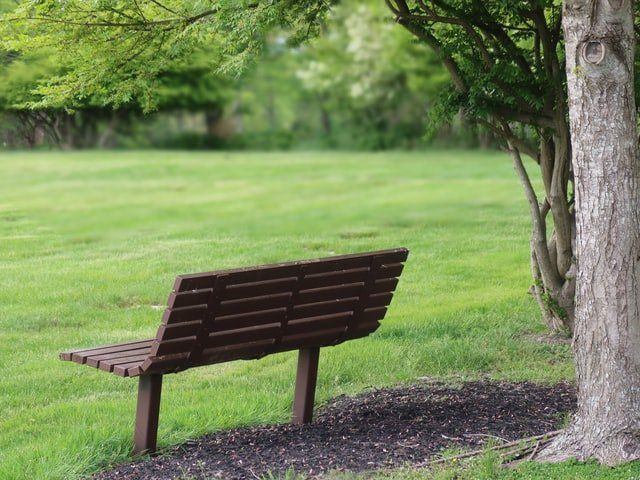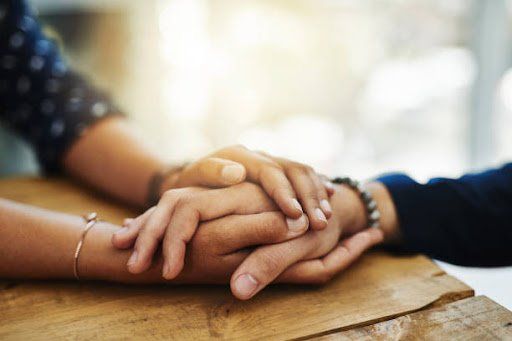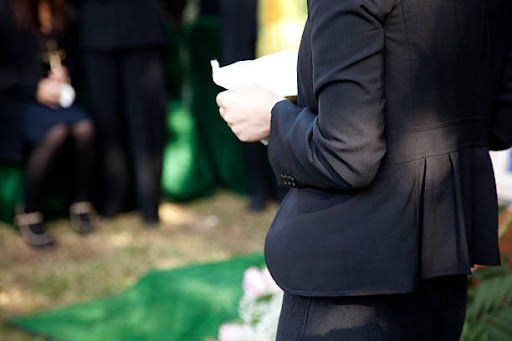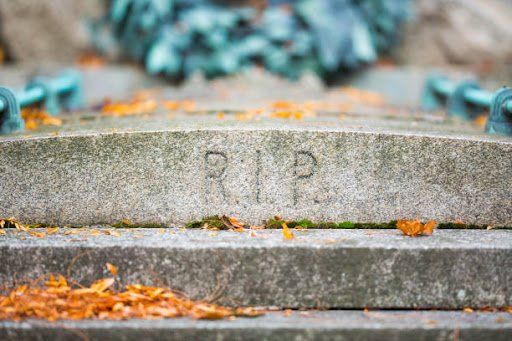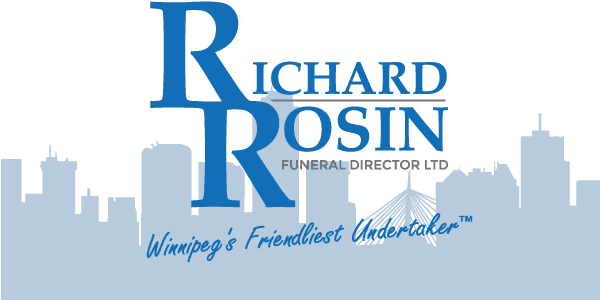What to Expect Before the Funeral Event
It's a common enough experience; a loved one dies and now you've got to face something you may have never done before; making their funeral arrangements. Now not only are you emotionally affected by their death, but you're also anxious and need to know what to expect when you arrive.
We will do everything we can to make the experience as easy as possible. And it won't take as long as you think.
Vital Statistics
When it comes to properly completing the necessary paperwork for Vital Statistics and writing a detailed obituary, accuracy is everything.
You'll need to bring as much of the following as you can:
- The deceased's full name and/or maiden name
- Their Social Insurance Number
- Deceased address
- Place of Birth
- Date of Birth
- Parent's names (maiden name of mother) and Places of Birth
- Marital status
- Spouses name, including maiden name
- Occupation and place of work
- Informant's name and address
If you're unable to provide any of this information, you can always call us later to provide whatever is missing.
Planning the Funeral Event
Creating a meaningful Funeral Event to share the stories of your loved one is at the heart of what you'll be doing when we meet.
So to make it easier, we ask that you bring:
- Pre-arrangement papers, if applicable
- A photograph of reasonably good quality
- Clothing for the deceased, if applicable
- Cemetery property information
- A list of preferred charities for memorial donations, if applicable
- A list of pallbearers, if applicable
- Desired musical and readings selections
- Thoughts on the food and beverages and amount need for the reception
How long does this take? Usually about an hour, depending on the type of Funeral Event we are creating.
What to Expect During the Funeral Event
Will People Cry? Will they Laugh, or perhaps Applaud?
People cry at many events that celebrate and stir emotions - weddings, baptisms and anniversaries, to name a few. The same happens at a funeral.
People laugh at funeral events too. Dr. Seuss said, “Don't cry because it's over, smile because it happened.”
Our lives are filled with so much. Laughter and joy are part of our stories.
Standing up and giving a round of applause for a life well lived can be a wonderful tribute too.
What to Expect After the Funeral Event
The Early Days After Loss
The funeral event is over, and things have begun to grow quiet. Maybe the phone isn't ringing as much as it was, or fewer people are stopping by to check in on you. Your loved one's death continues to become more of a reality. And the very thought of facing your life over the next few weeks and months may fill you with loneliness and a sense of dread. It all feels like way too much to deal with.
It's okay to take care of yourself first:
- Eat well
- Exercise
- Plan each day with tasks to accomplish.
As time goes by, a "New Normal" will slowly appear.
You also need to spend time focused on completing the paperwork that will officially change the status of your loved one with banks and creditors, employers, insurance companies, and mortgage holders, etc. It is a slow and perhaps challenging process, so try to be patient and seek expert advice if you need it.
The Paperwork
It's time to get organized. Locate and safeguard as many of the documents listed below. It might be easier to put each into a designated set of file folders and keep them within easy reach:
- Birth certificate
- Driver's license
- Medical cards
- Passport (if applicable)
- Marriage certificate
- Divorce papers (if applicable)
- Deeds and Titles to real and personal property
- Veteran documentation
- Recent Income Tax Forms
- Social Insurance Card
- All Insurance documents: Life, Health, Automobile (there may be more than one policy in each category)
17 Things to Do After the Funeral
Visit the Community Legal Education Association website for an Executor's Checklist.
Or here's a shortlist of some things you need to do:
- Before you do anything, get a notebook to keep track of tasks, phone calls, people and contact information, etc.
- As you begin contacting the various agencies:
- Record date, time and people you talked to, their contact information and what tasks they will do and when.
- Record when tasks are completed or followed-up if past anticipated dates.
- Request the Provincial Death Certificate from the funeral home and determine how many you will need.
- Request the Funeral Director's Statement of Death and determine how many you will need.
- Many agencies will accept this document rather than the Provincial Death Certificate.
- Check to see if the deceased had left a will. It may require contacting the family attorney, checking your safe deposit box or home safe.
- Get the mail redirected, if applicable. Visit the Canada Post website to learn more about how to submit a Change of Address form. Or stop by your local post office.
- Stop health insurance coverage. You may need to provide them with additional information, so keep your relevant paperwork handy.
- Contact employer or union. Determine if there are any death-related benefits available, ask (and answer) questions, and change any relevant contact information.
- Make sure to pay or arrange to pay previous bills, including all utilities.
- Speak to their representatives to advise of the death and their procedures to make payments or close accounts.
- Initiate probate of the Will. If you don't have one, you may want to find and hire a lawyer for this process.
- Transfer title of real and personal property. Whether it's an automobile, boat, motorcycle, RV, or plane, you'll need to inform the appropriate agency. Also, notify any related vehicular or personal property insurance companies of the change in status.
- Close or modify credit card accounts. You will probably need to provide each of them with a copy of the death certificate. Again, keep that set of file folders handy.
- Contact life insurance companies. Not everyone has life insurance, but some people have more than one policy. No matter how many policies were in force, you will probably need to provide each of them with a certified copy of the death certificate for each claim made.
- Notify other policyholders of the change in "Beneficiary" status. If your loved one was a designated beneficiary on the insurance policies, investment or banking accounts of other individuals, then you'll need to notify them of the death of a beneficiary.
- Arrange to close or modify bank accounts. Depending on your relationship with the deceased, you may be entitled to convert it into your name.
- Change stocks and bonds into your name. Again, this depends on your relationship status with the deceased. To do this, you'll need to provide a copy of the death certificate to all organizations involved.
- Report the death to other agencies. It can include fraternal or business or professional organizations, gym and golf course memberships — to name a few.
- Tend to their digital estate. You'll need to inform the specific Social Media networking sites of the change in status. You will need to close email accounts as well as any online banking portal or investment accounts.
Do You Have Any Questions?
Just call. We'll do our best to help you.
See Other Blogs
